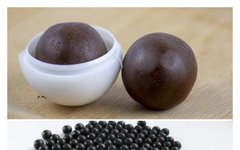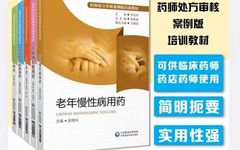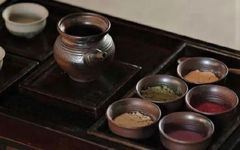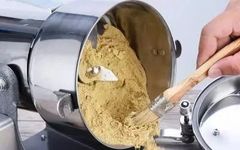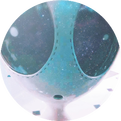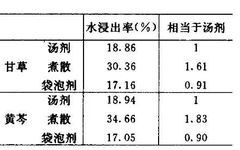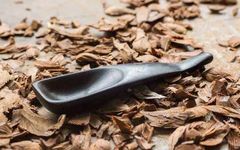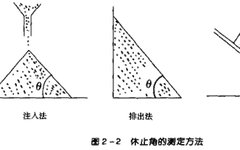Common Forms of Chinese Herbal Medicine: Pills
1. What are Pills? Pills are spherical solid forms made by grinding herbs into fine powder or using herbal extracts, combined with suitable binders. 2. What are the advantages of Pills? Compared to decoctions, pills are particularly suitable for patients whocannot tolerate the taste of decoctions and have a relativelystablecondition. They are absorbed slowly, have … Read more

